Judicial and Quasi-Judicial Authority under Law of Torts
Under tort law, general defenses are available to those who claim to have a legitimate reason for committing a tort. However, beyond these defenses, there is a specific "immunity" granted to judicial officers and quasi-judicial authorities. To fully understand this immunity, it is essential to distinguish between these two types of authorities.
Judicial authorities are those within courts of law, such as judges, who interpret laws, resolve disputes, and enforce legal codes. Quasi-judicial bodies, on the other hand, have powers similar to judicial authorities but are limited to specific areas of expertise. Unlike judicial bodies, quasi-judicial bodies cannot create new laws and must base their decisions on existing statutes. The defense of "immunity" in tort law is crucial for these authorities, ensuring that their actions do not become hindered by the threat of legal repercussions.
In various jurisdictions, the approach to judicial immunity may differ, but the underlying principles remain consistent. Two key considerations guide the application of judicial immunity:
- Scope of Protection: The protection granted to judicial officers applies equally to their actions and their words.
- Jurisdictional Limits: The actions or statements that prompt the claim of immunity must fall within the officer's jurisdiction. If they exceed their legal authority (ultra vires), immunity may not apply.
For instance, in Stump v. Sparkman (1978), a U.S. judge approved a petition for a tubal ligation surgery on a 15-year-old girl, who was misled into believing she was undergoing an appendectomy. When the girl later discovered she had been sterilized, she sued the judge. The U.S. Supreme Court granted the judge complete immunity, stating that he was acting within his jurisdiction, regardless of the moral implications of his decision.
However, judicial immunity is not absolute. The key distinction between actions that fall within the judge's authority (intra vires) and those that do not (ultra vires) determines whether immunity applies. In Harris v. Harvey (1979), a U.S. case, a judge made derogatory public comments about an African-American police lieutenant and took actions that jeopardized the officer’s career. The court ruled that these actions fell outside the judge's jurisdiction, and therefore, judicial immunity did not apply.
In addition to judicial immunity, similar protections are extended to quasi-judicial bodies, which perform functions that are not entirely judicial in nature. For example, if a municipal officer is sued for false imprisonment while executing a warrant, the court may deem the officer’s actions quasi-judicial, thereby granting immunity. Here too, the principles of discretion and jurisdiction play a vital role. Discretion must be exercised within the bounds of the law, and actions must remain within the authority’s jurisdiction.
An illustrative case is Hoppe v. Klapperich (1957), where a municipal judge issued a warrant without a proper complaint, exceeding his jurisdiction. The court ruled that the judge’s actions were beyond his legal authority, and therefore, he was not protected by immunity.
The concept of judicial and quasi-judicial immunity is essential for the effective functioning of legal and administrative authorities. Without this protection, officials might hesitate to perform their duties, fearing legal repercussions. However, the power granted by immunity must be carefully regulated to prevent abuse. Immunity should protect those who act within their legal boundaries, not serve as a shield for misconduct.
In conclusion, judicial and quasi-judicial immunity is necessary to ensure that authorities can carry out their duties without undue fear of litigation. However, it is equally important that these protections do not lead to unchecked power. As highlighted in discussions at the UN Office on Drugs and Crime (UNDOC), judicial immunity should serve the community, not become a tool of impunity. Judicial immunity must be well-defined, clearly communicated, and applied in a manner that upholds the integrity of the legal system.
Share
Tags
Archive
Popular & Recent Post





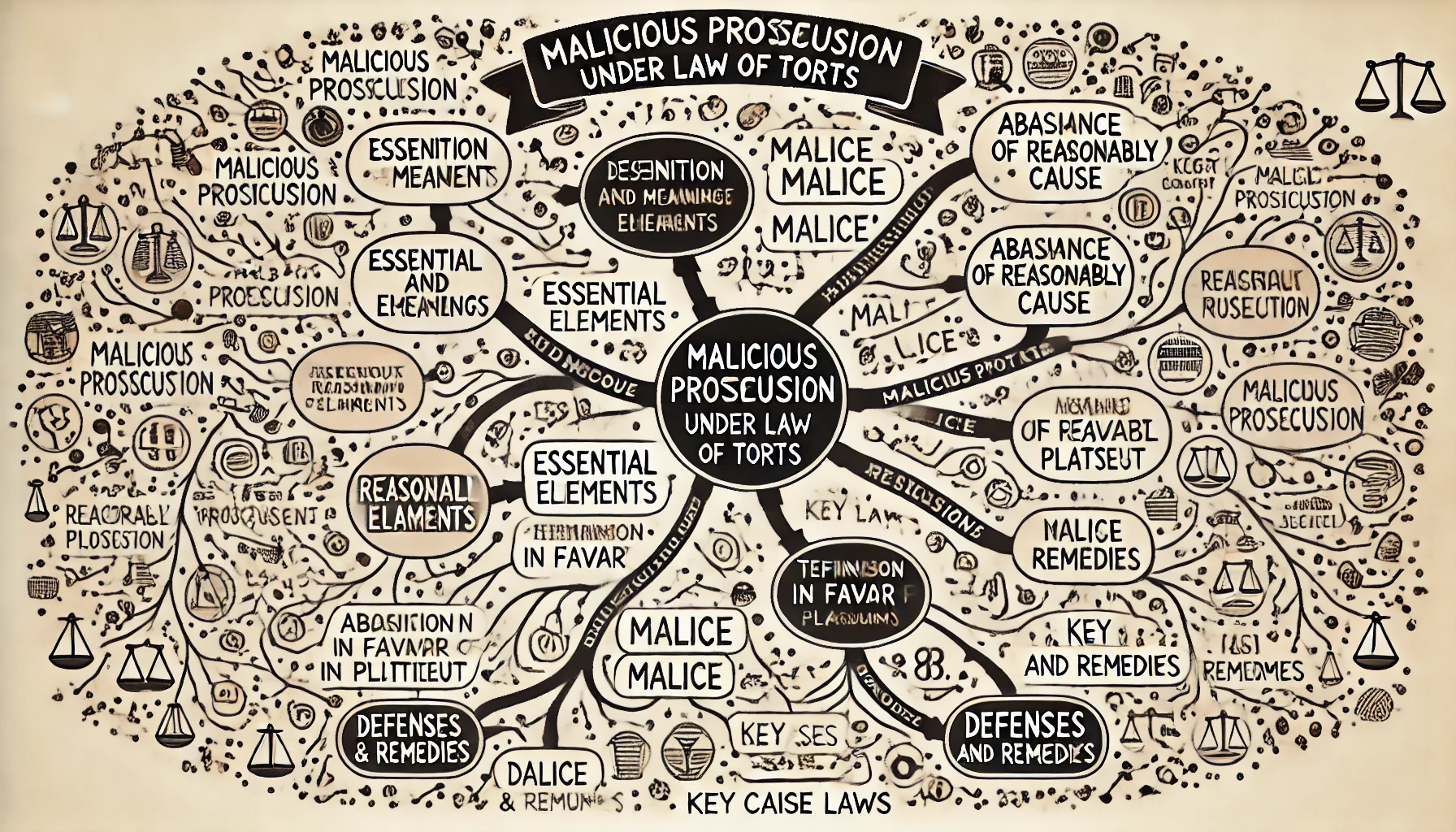
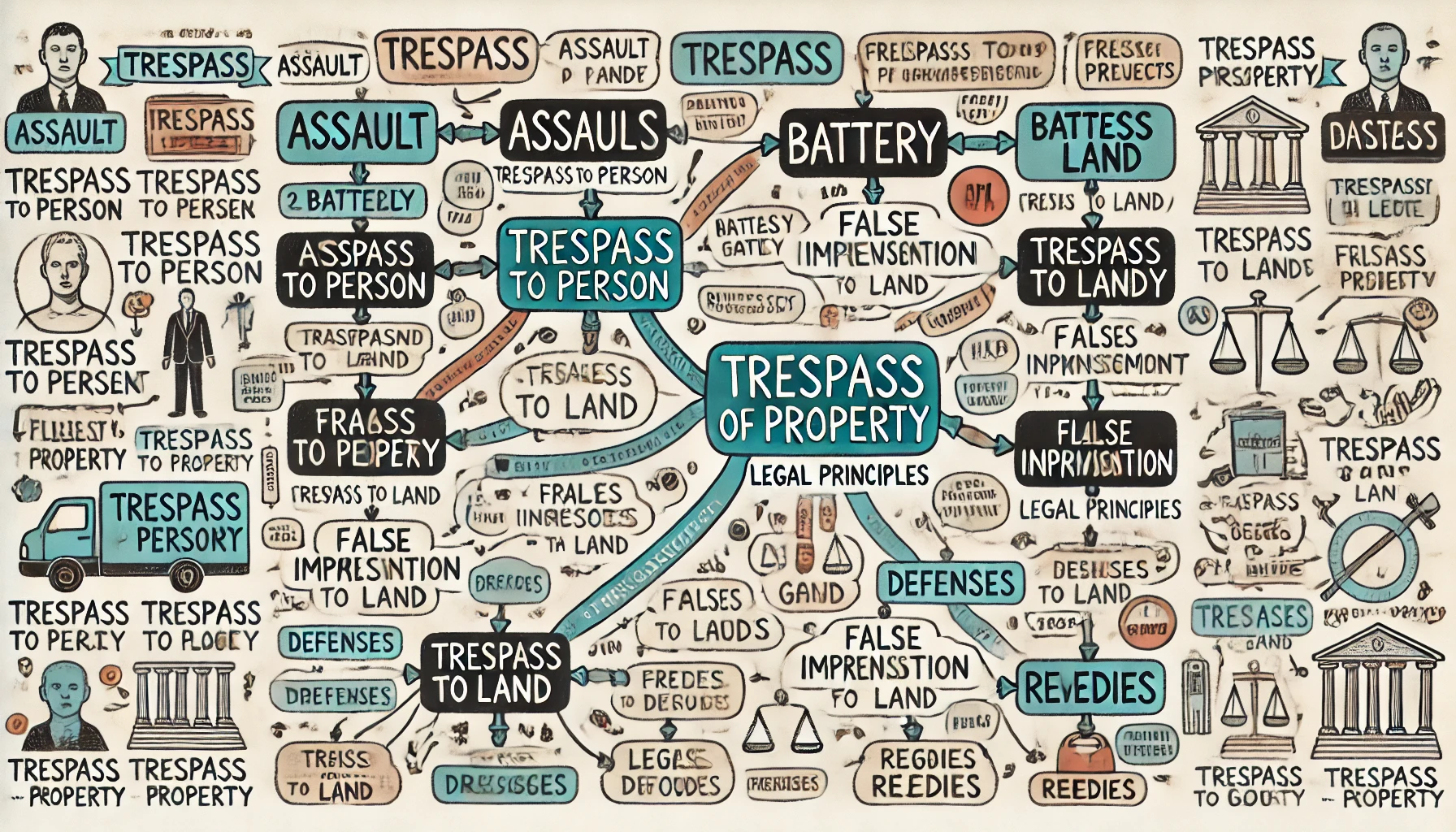
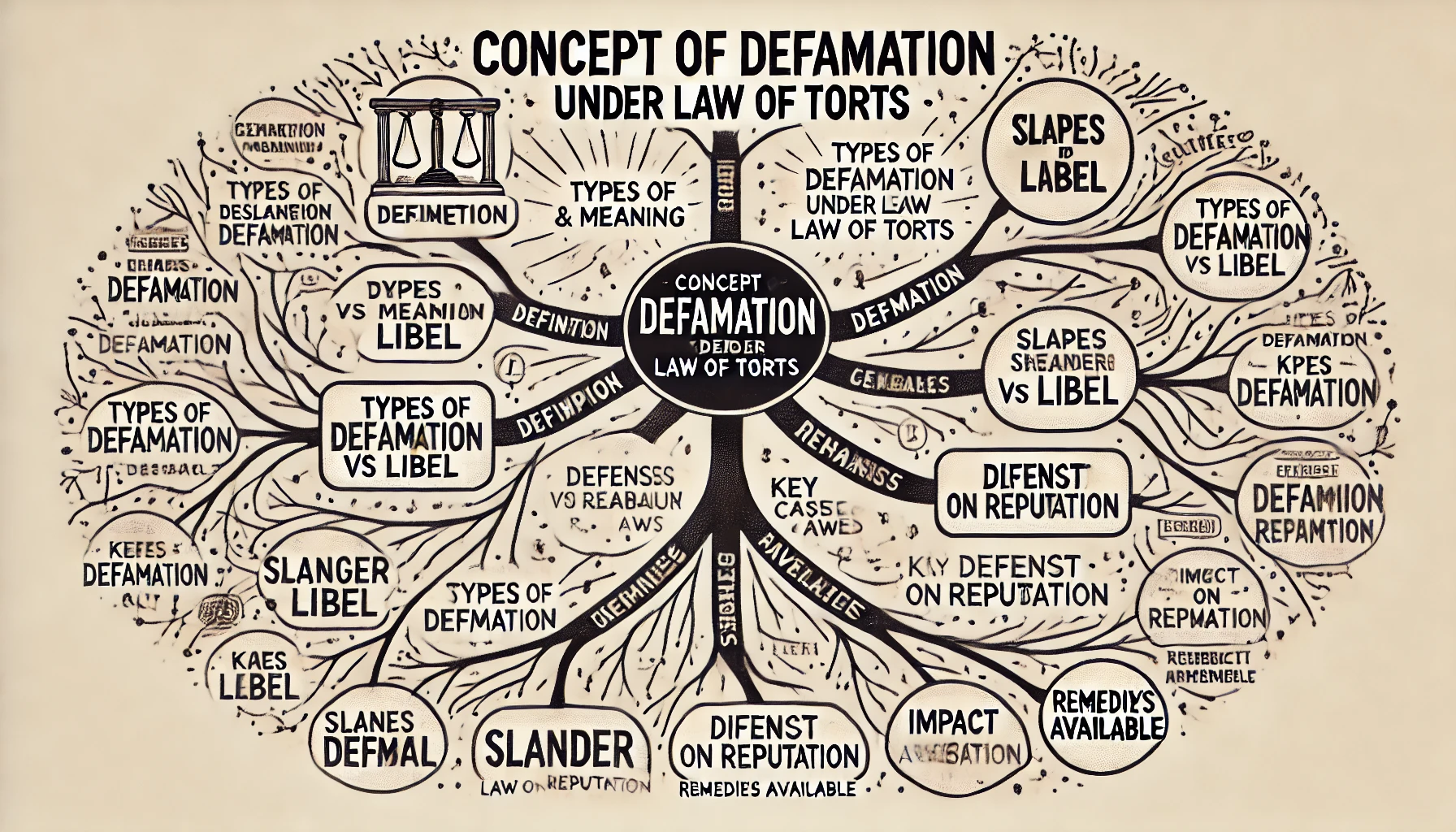
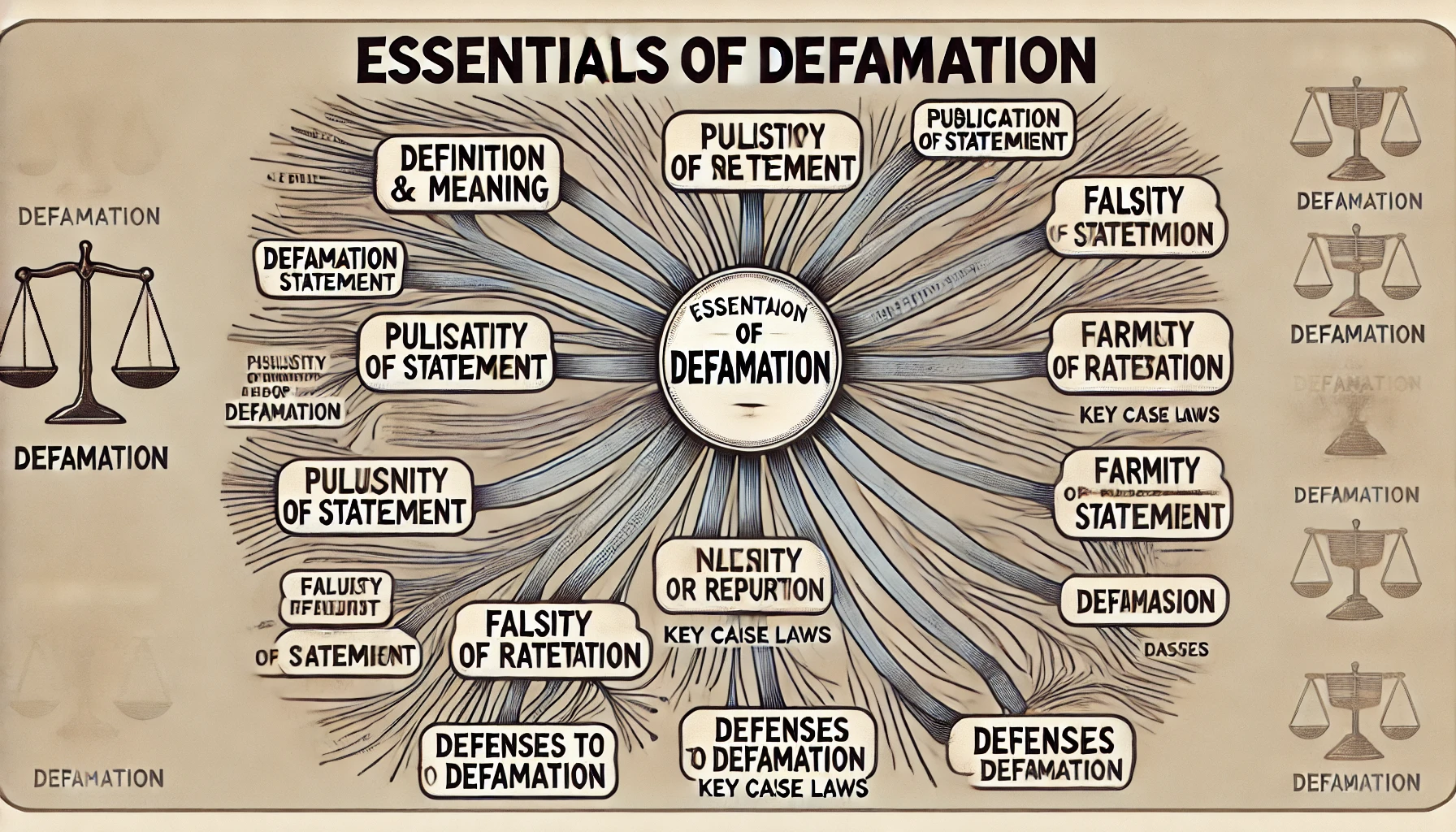
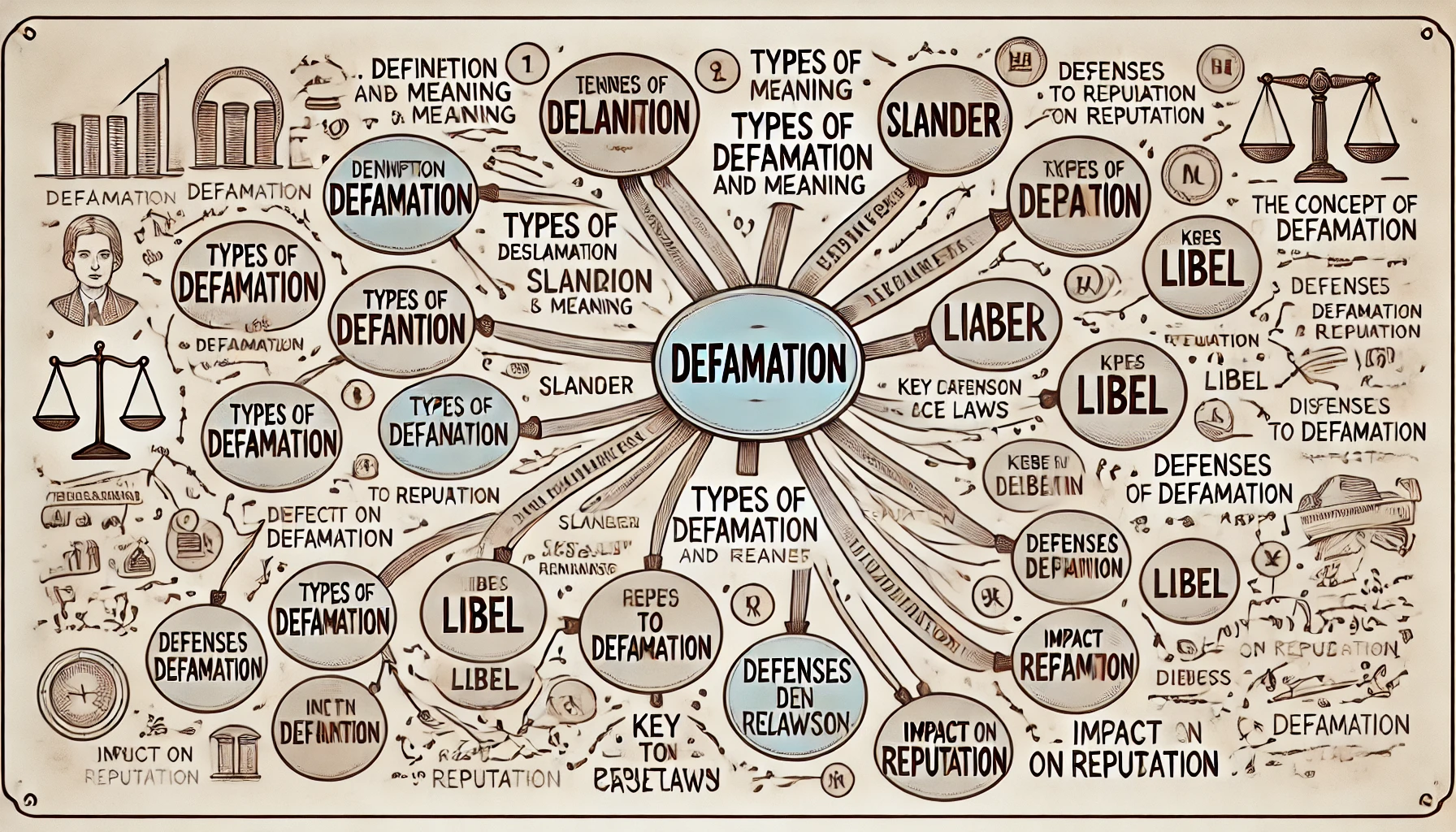
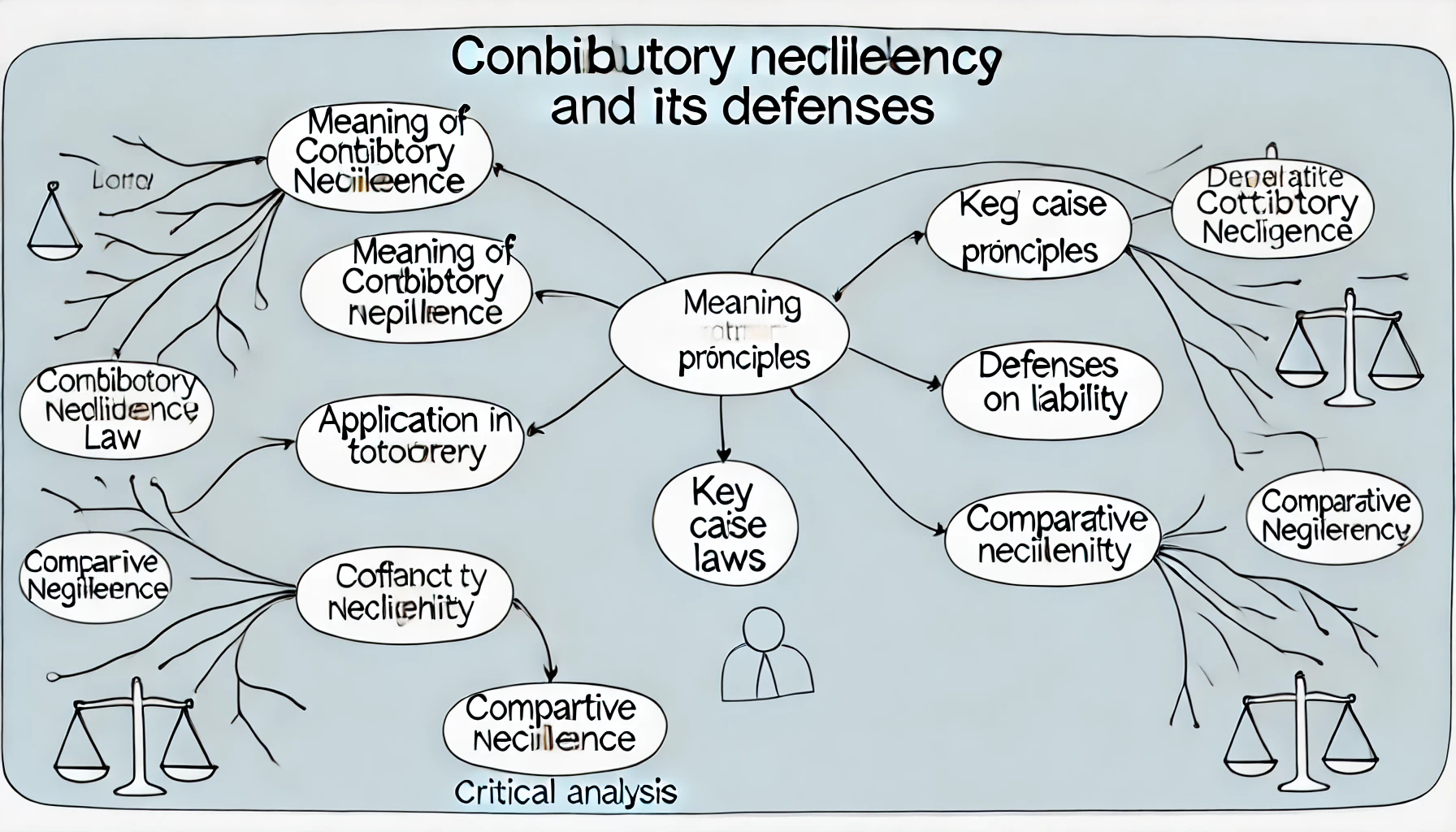
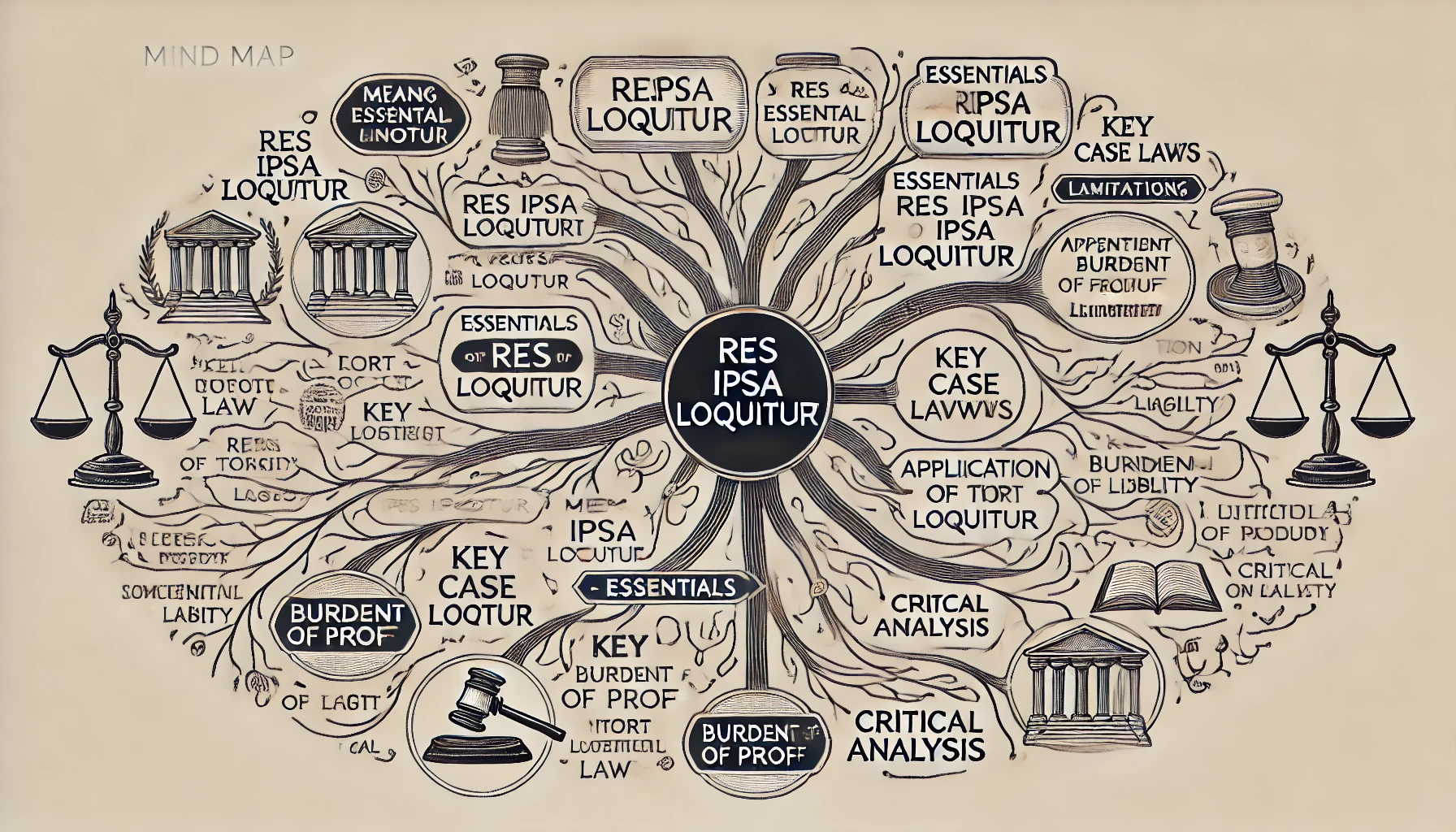
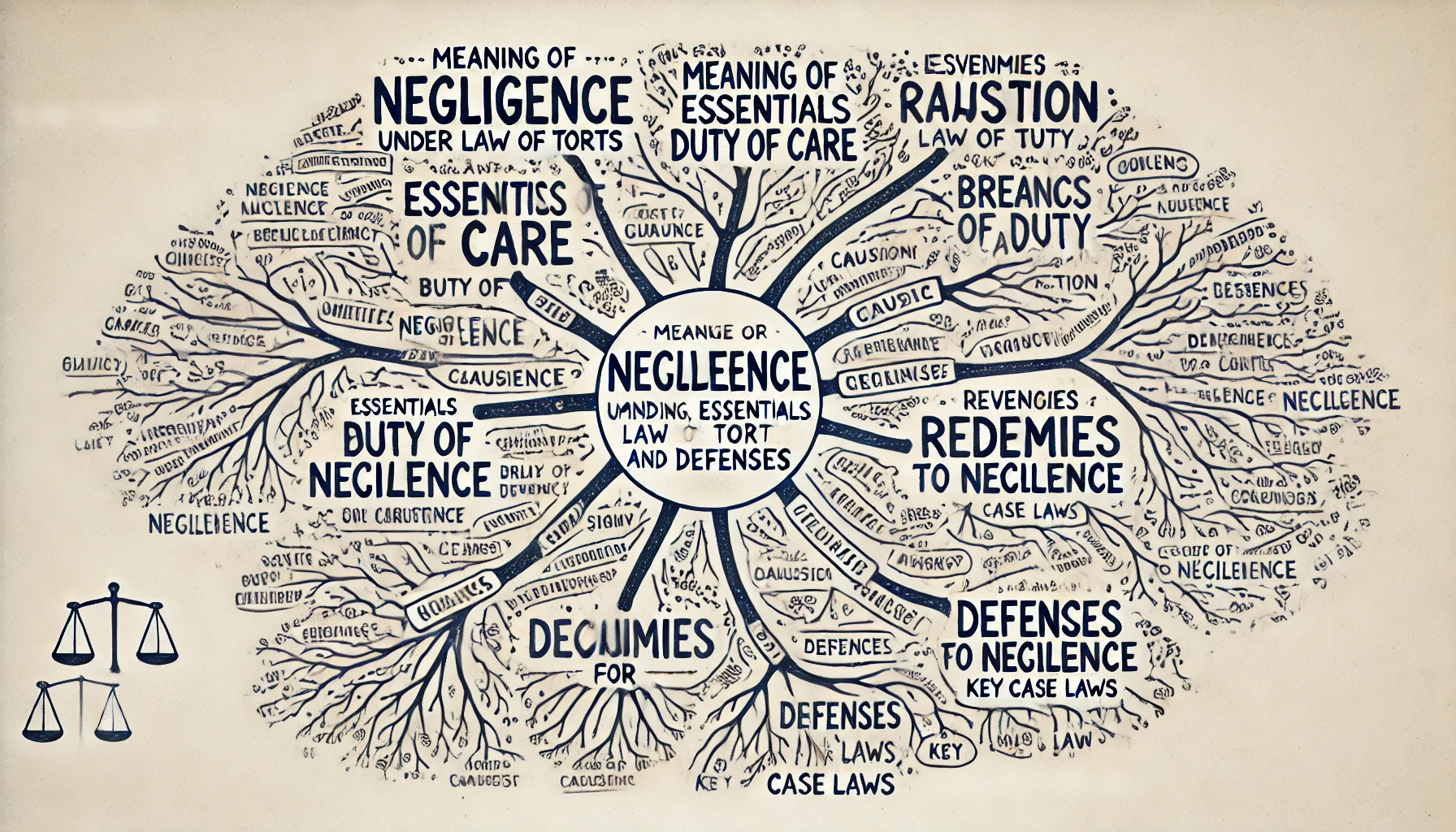
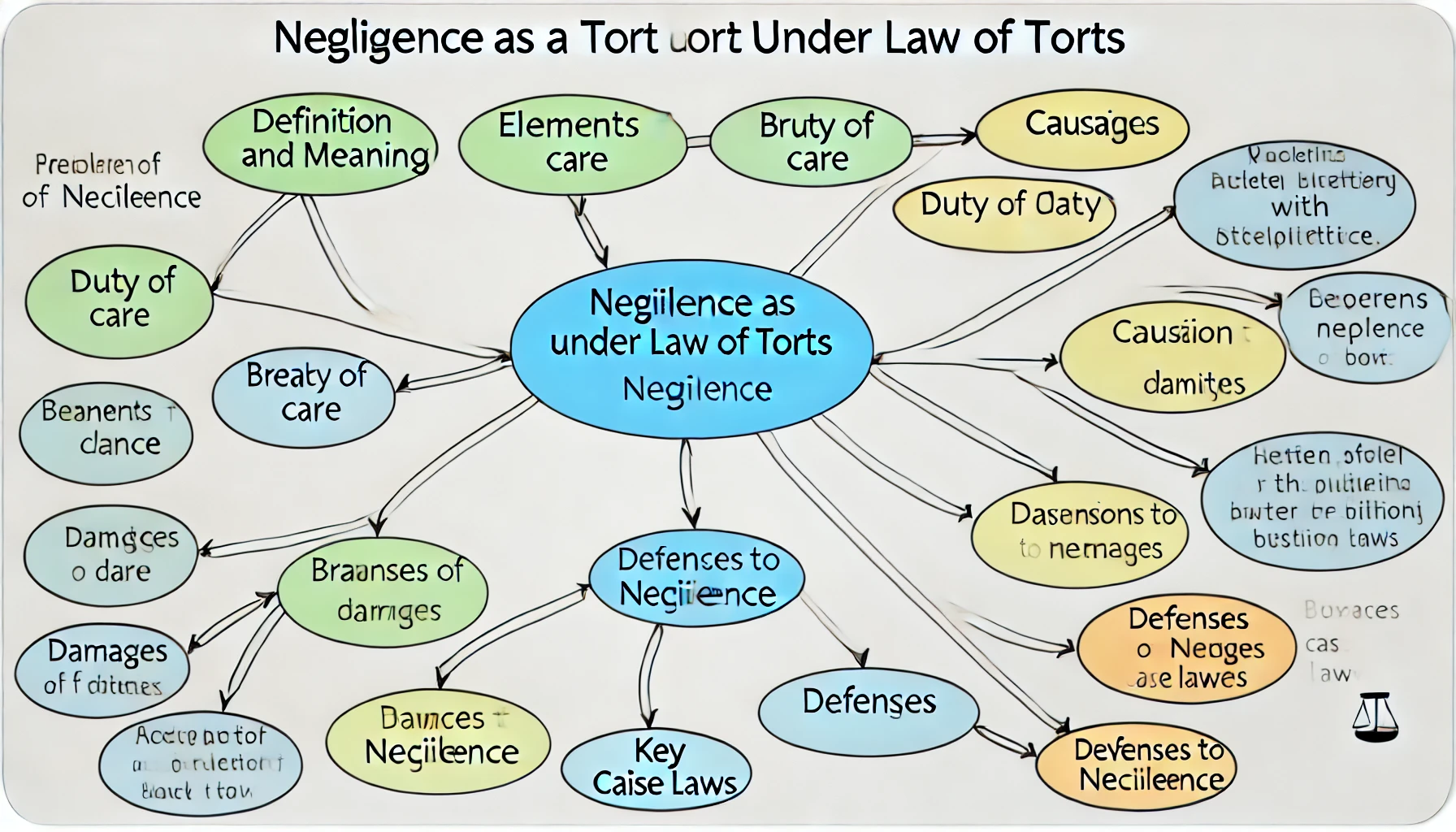
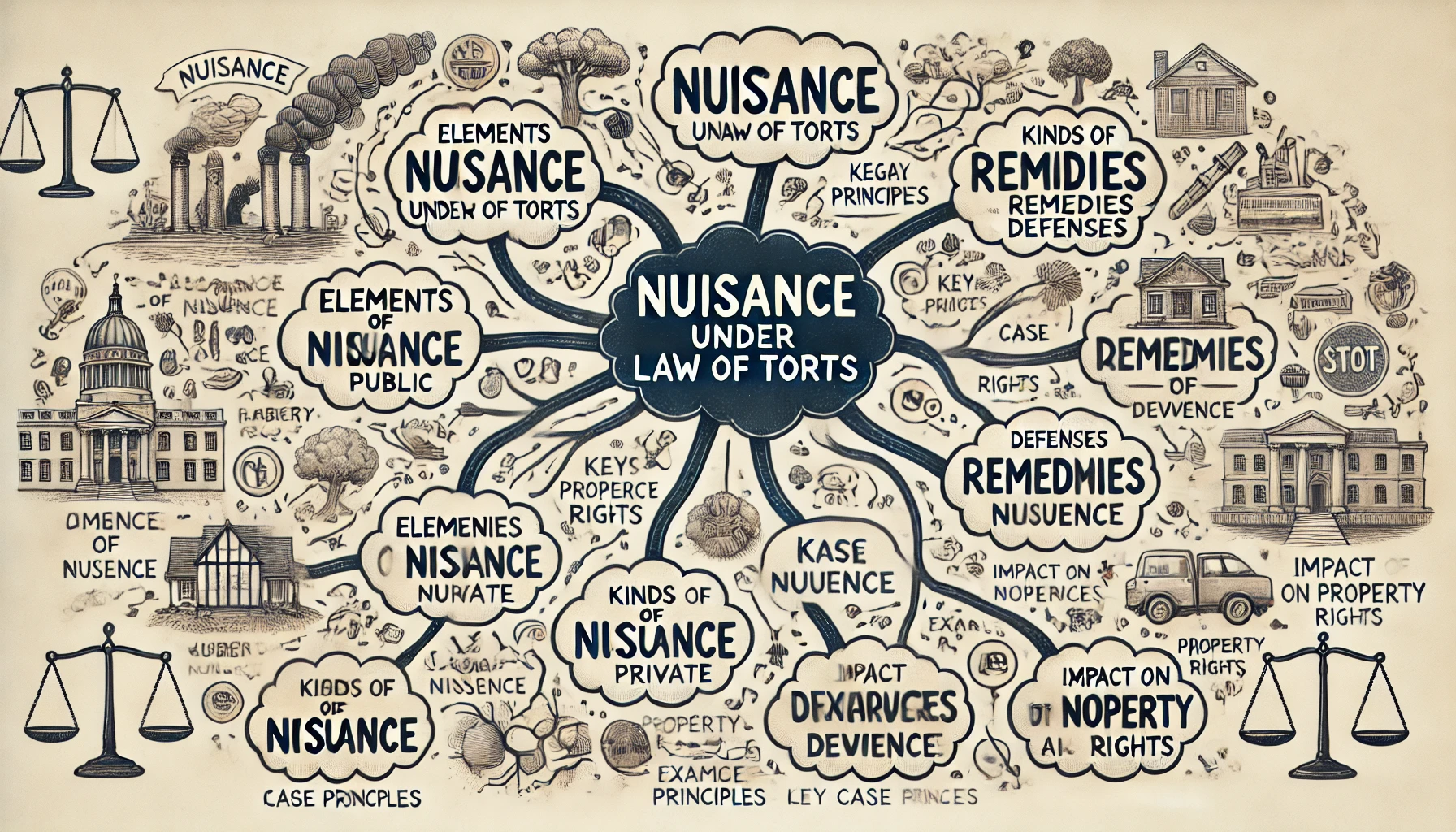
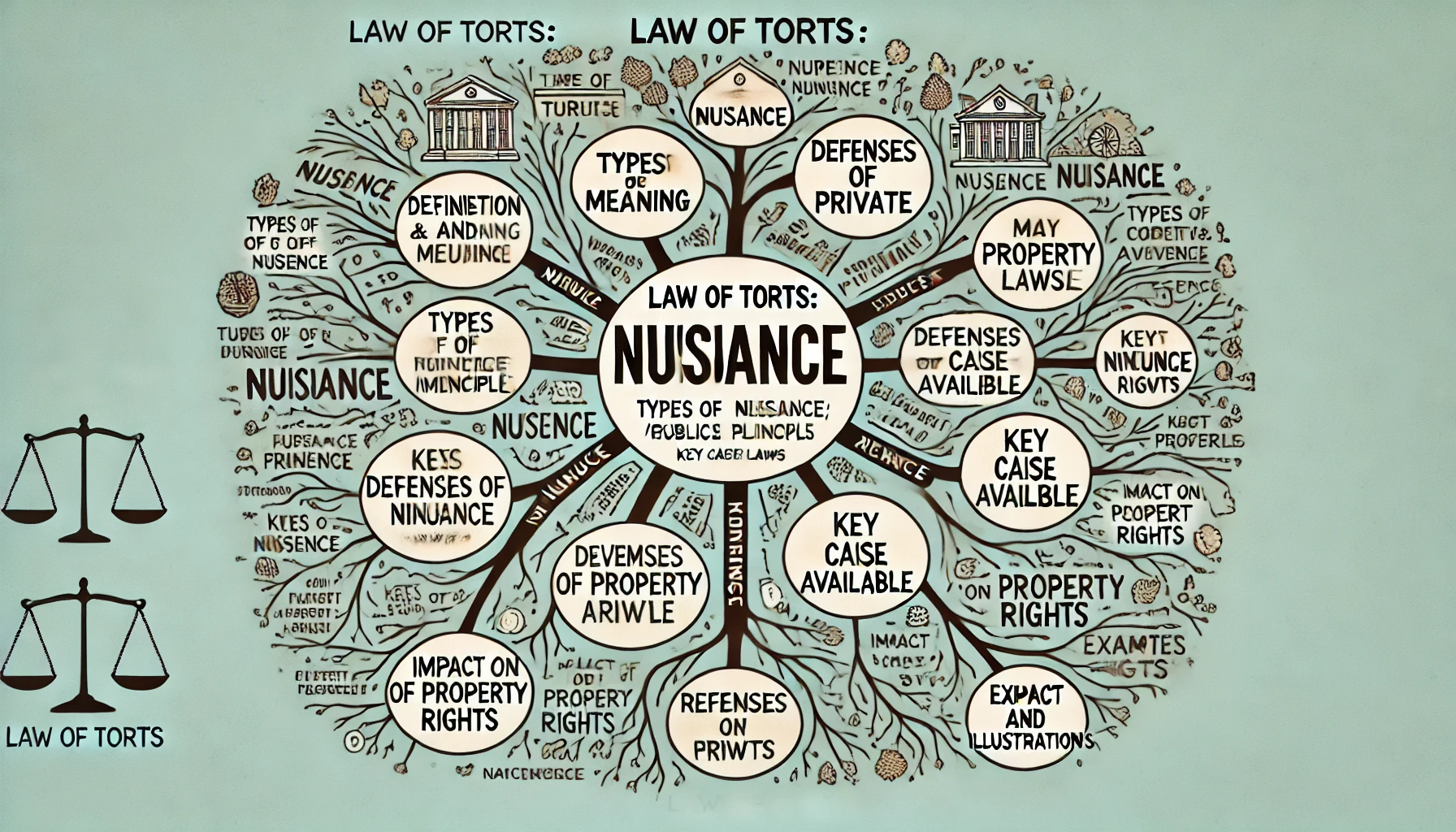
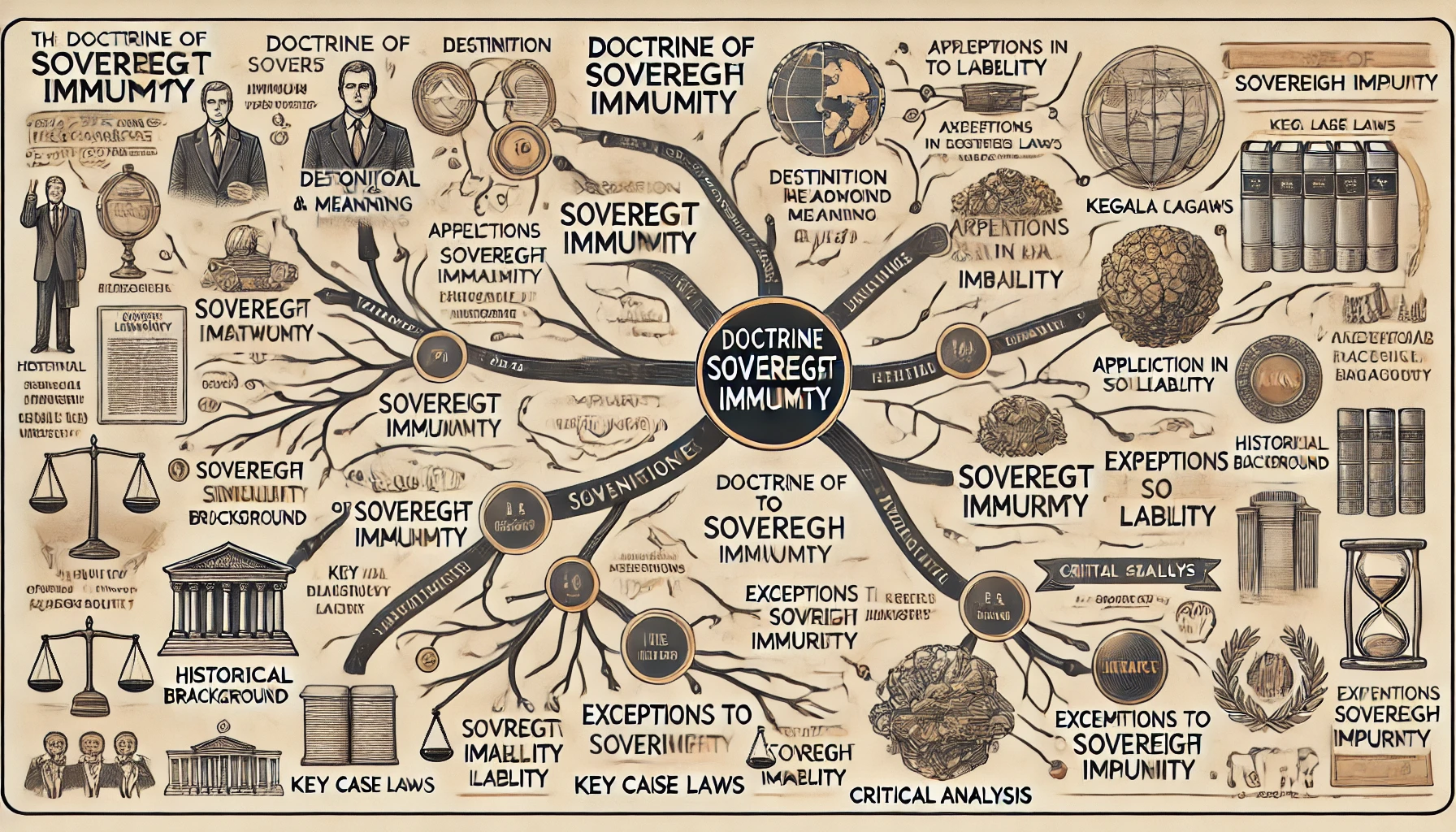
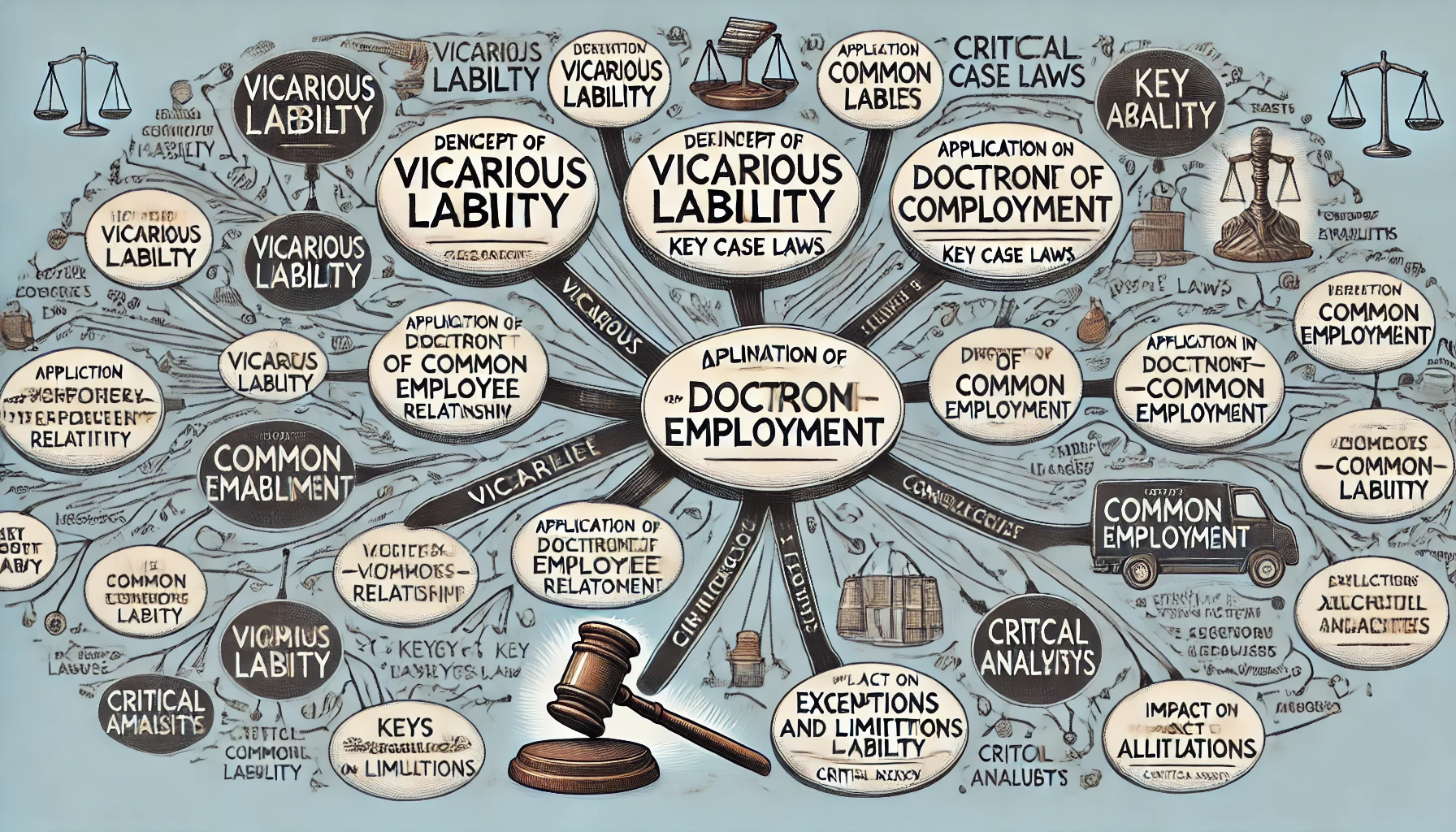

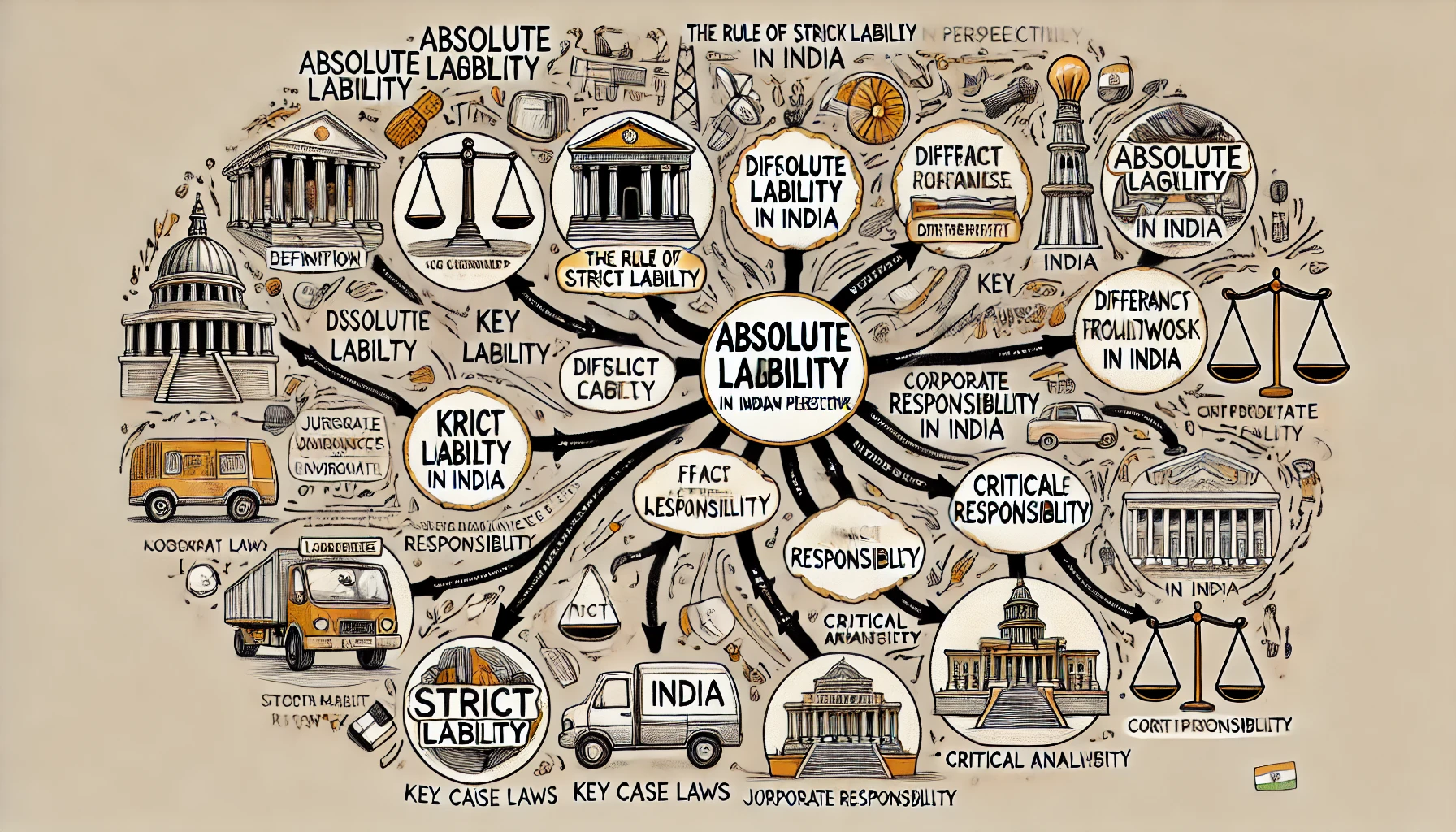
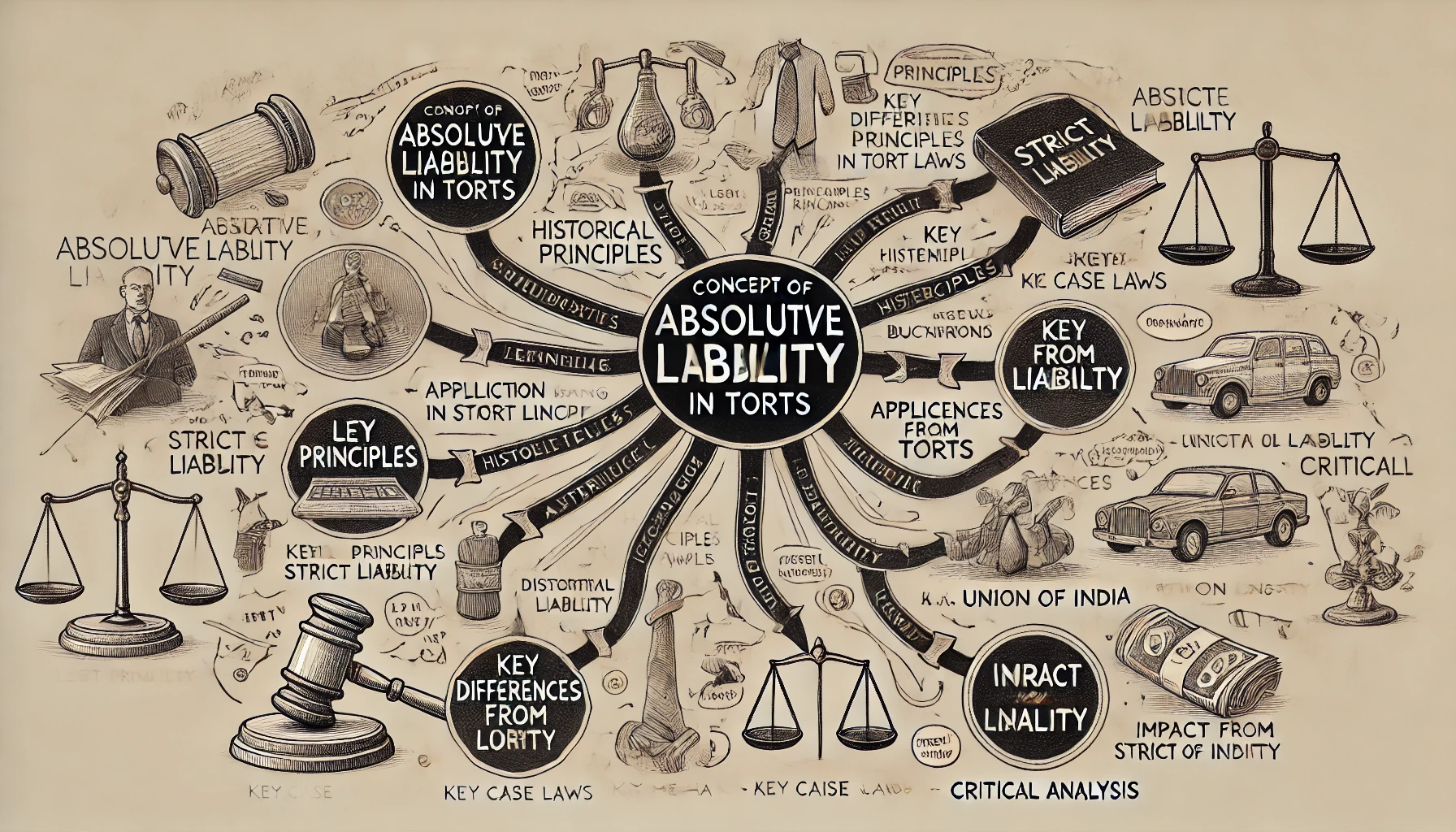
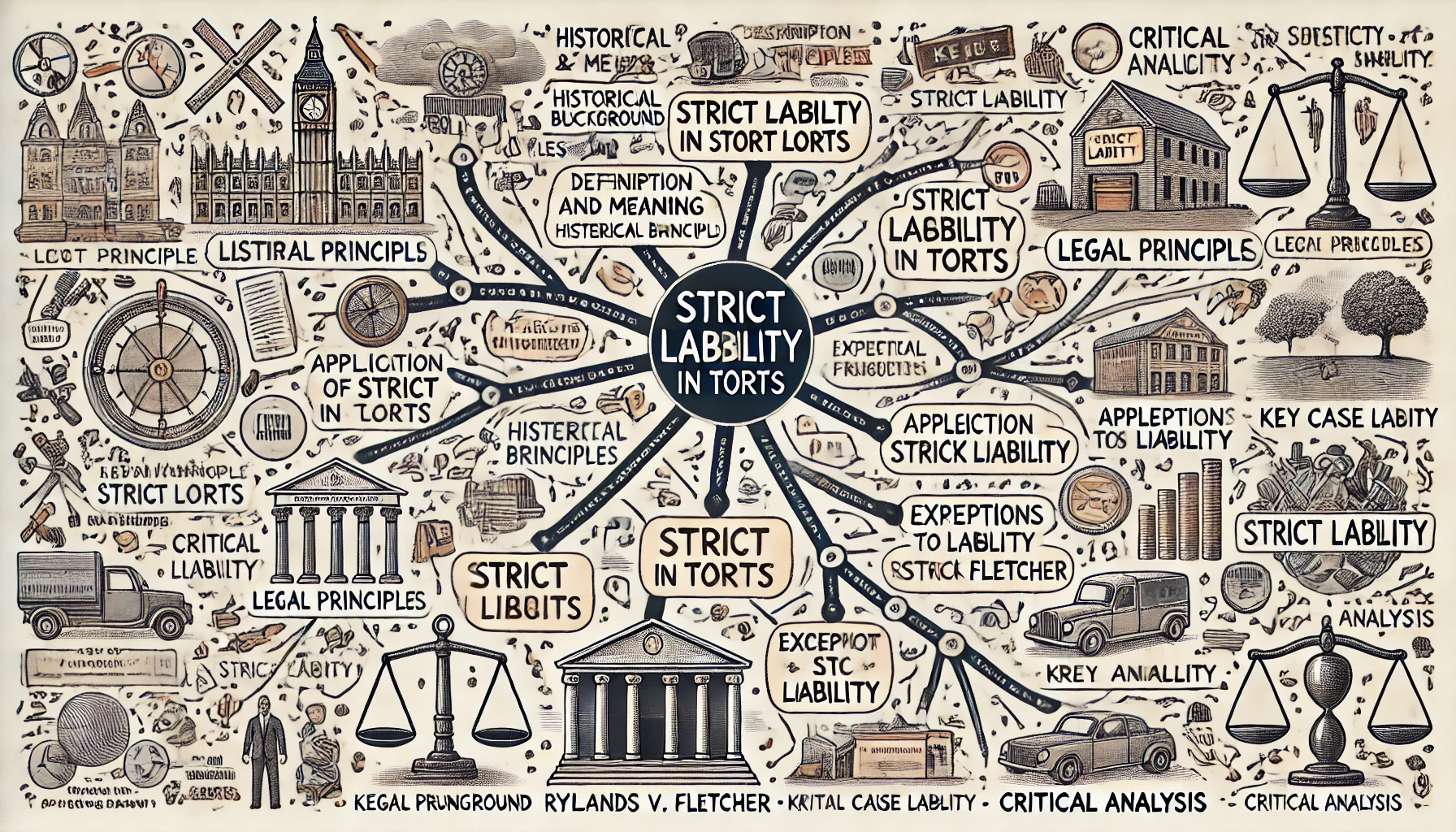
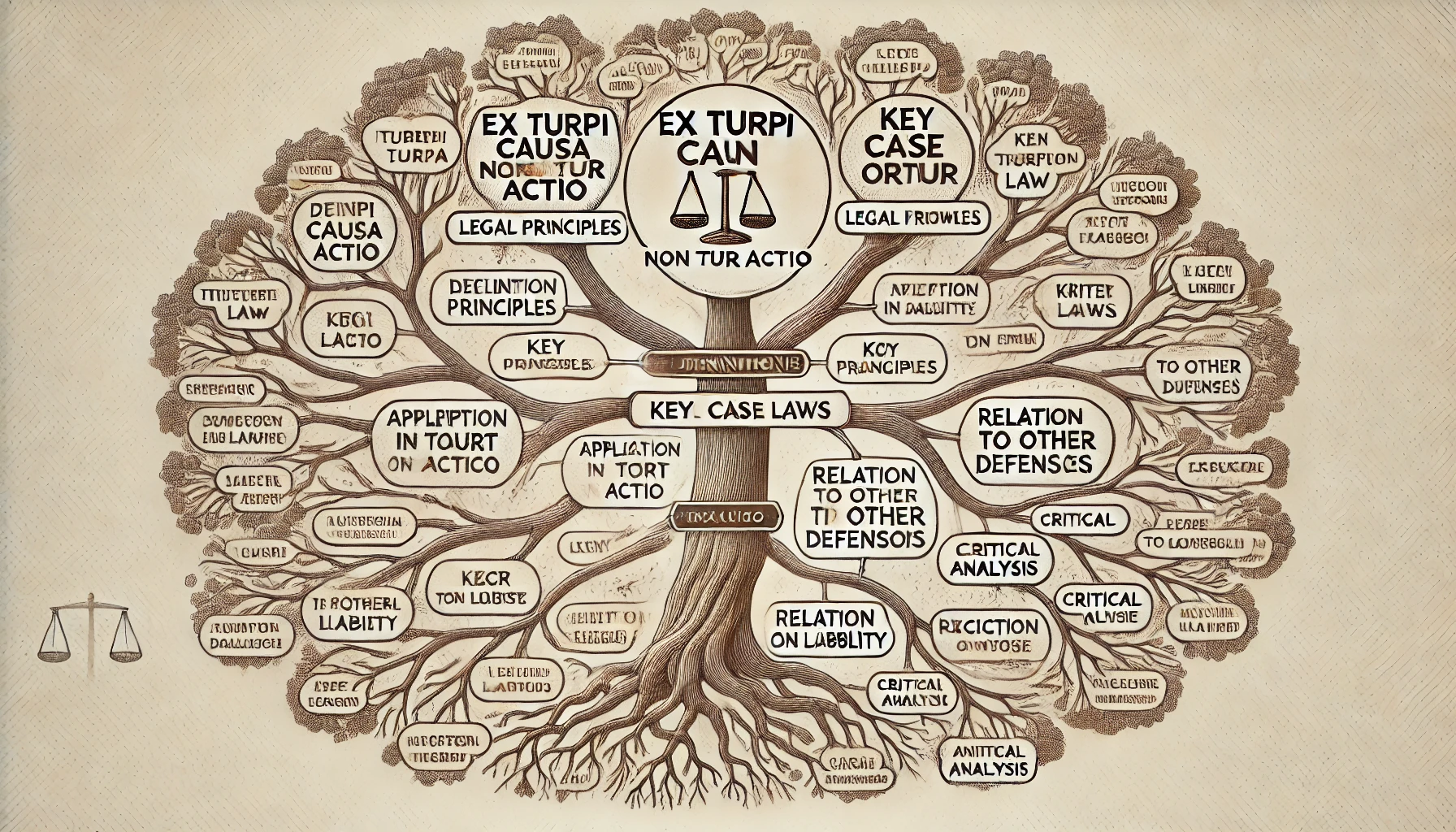
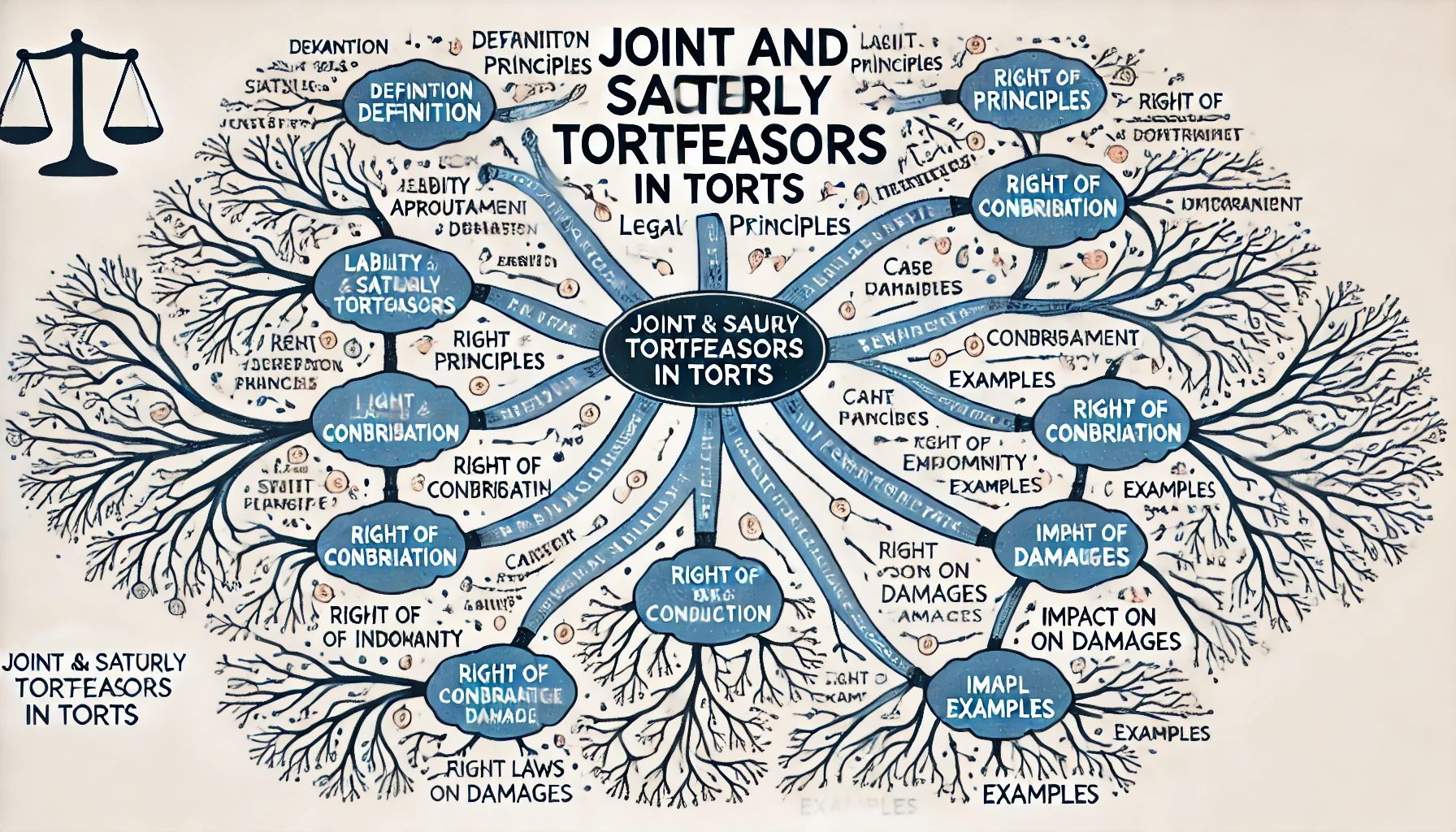
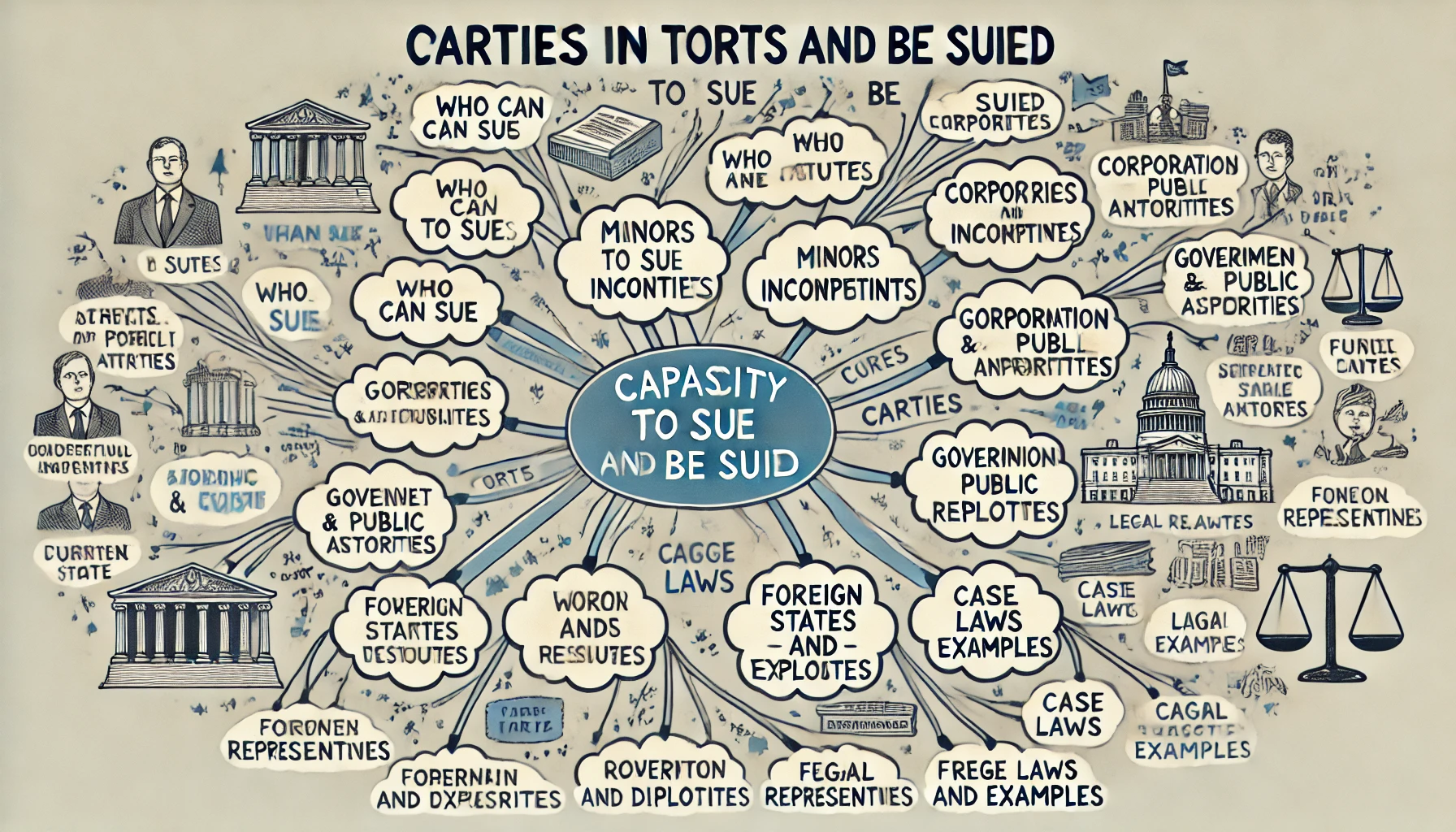
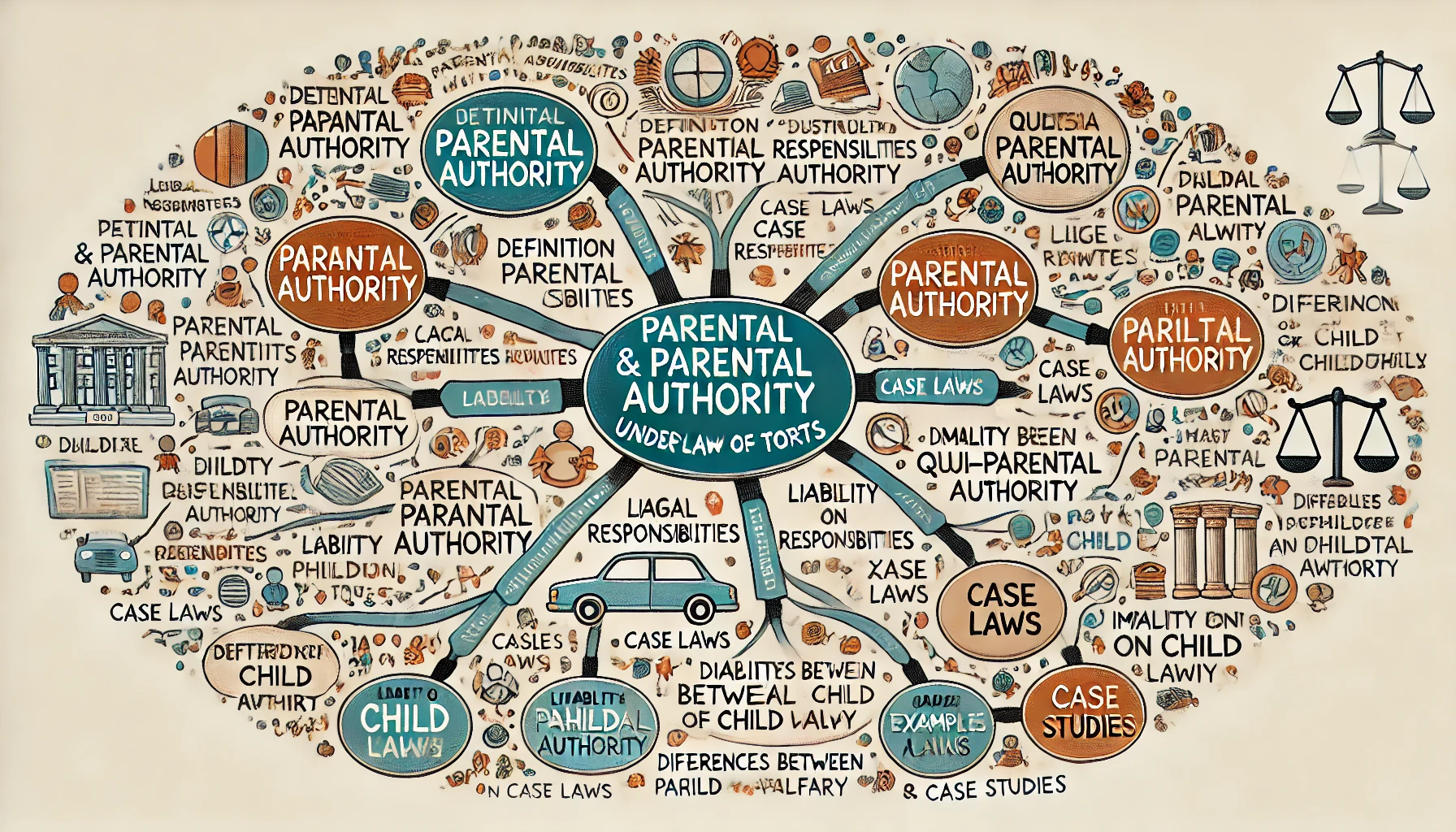
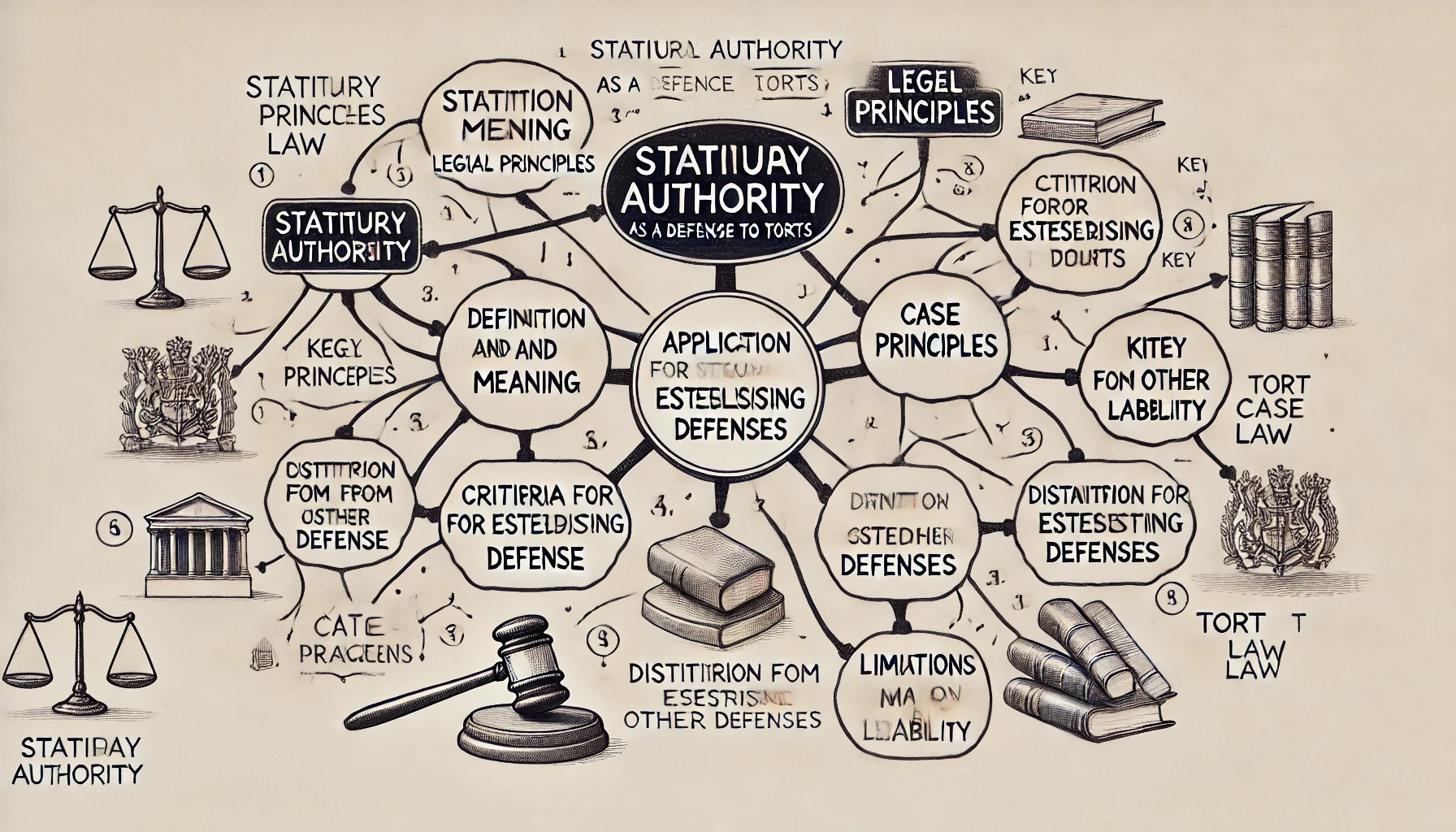
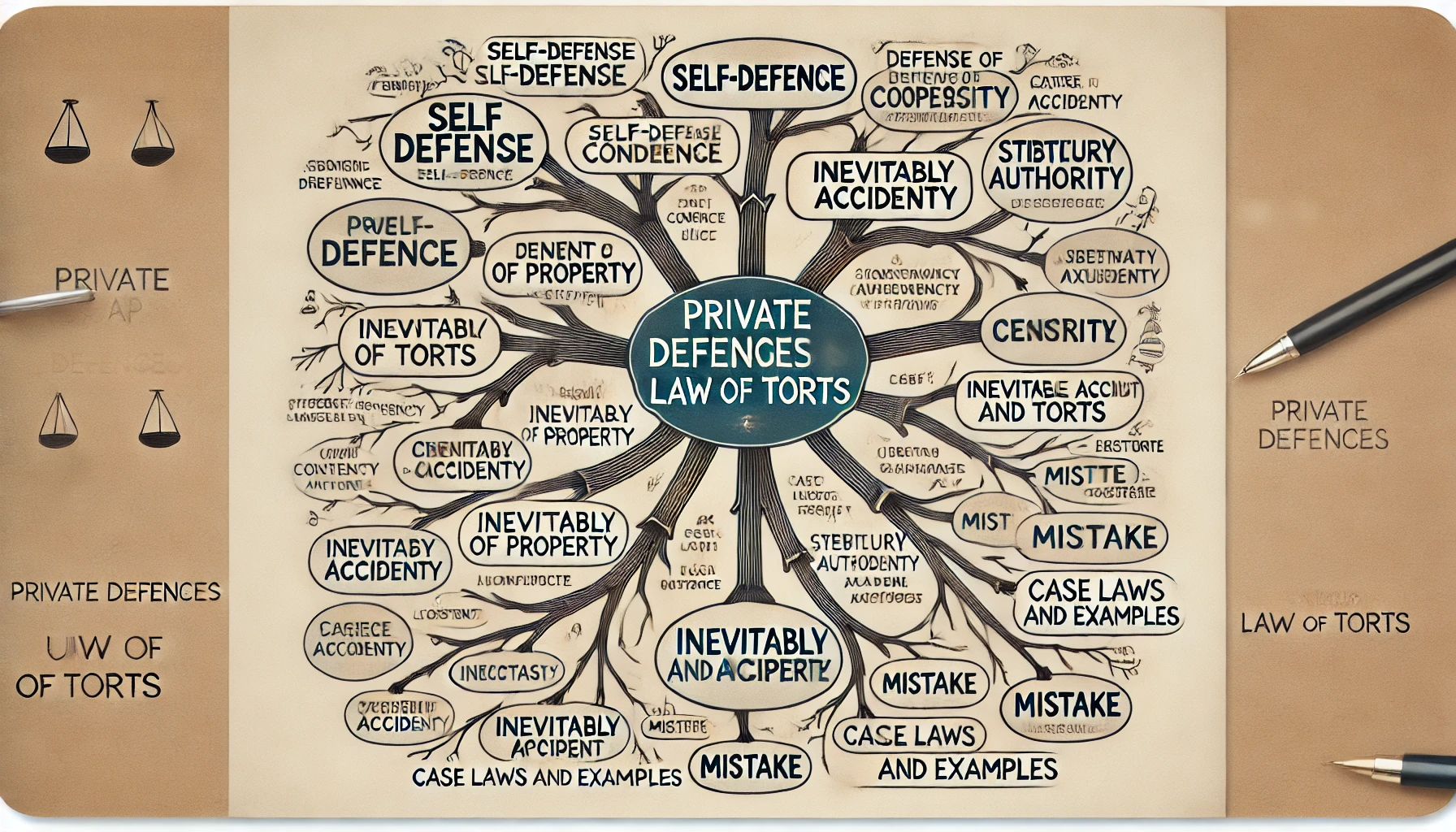
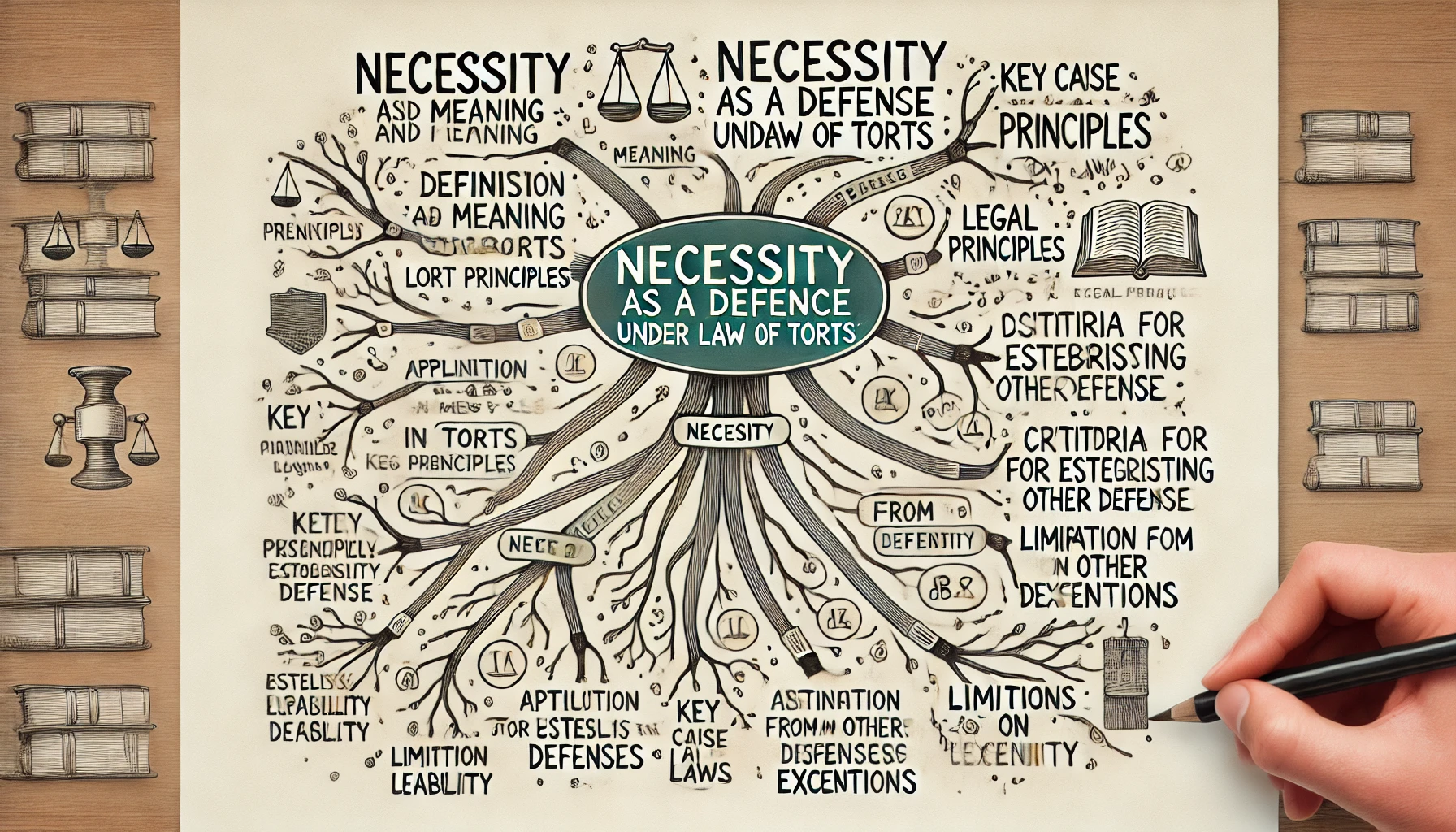
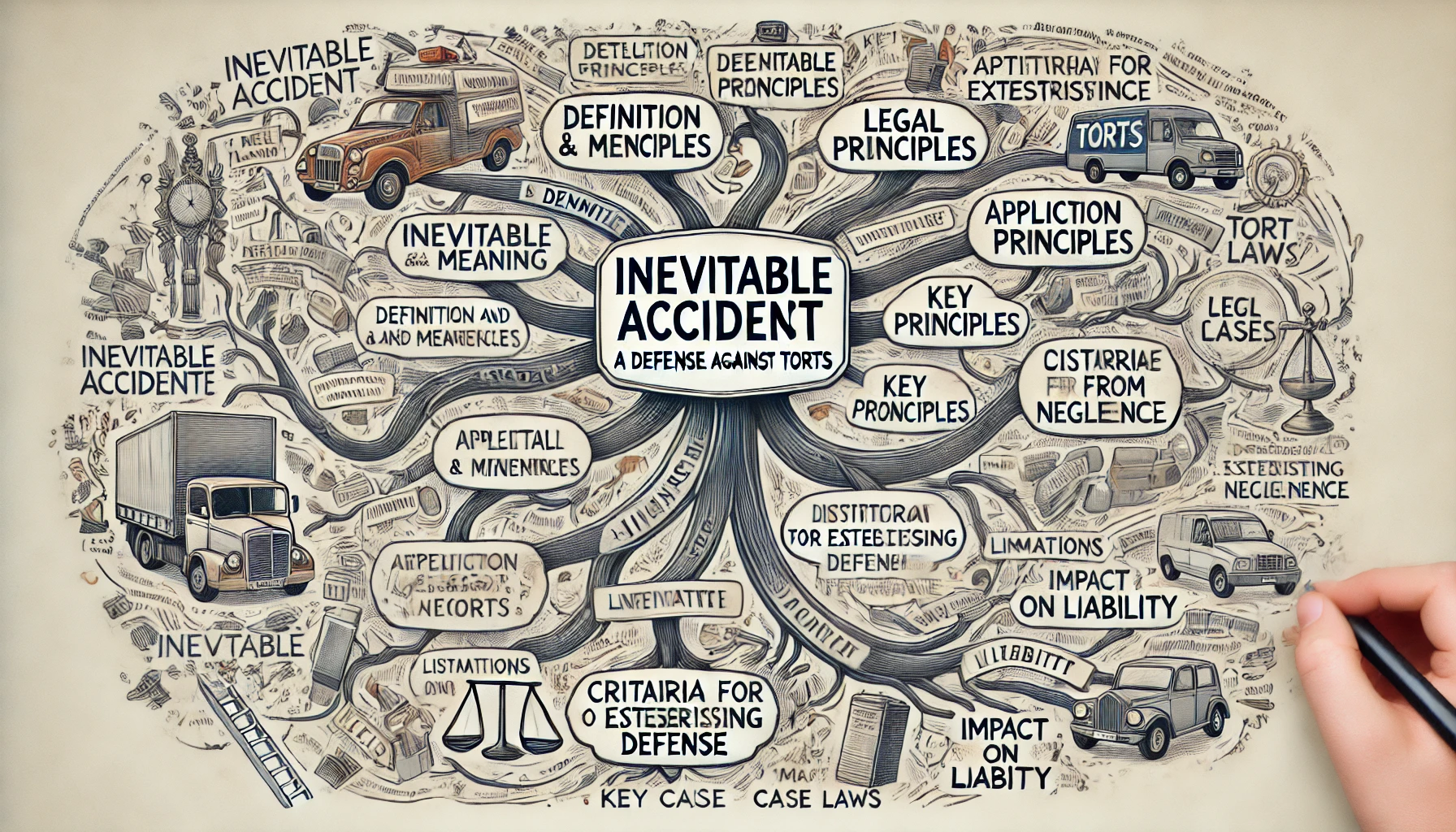
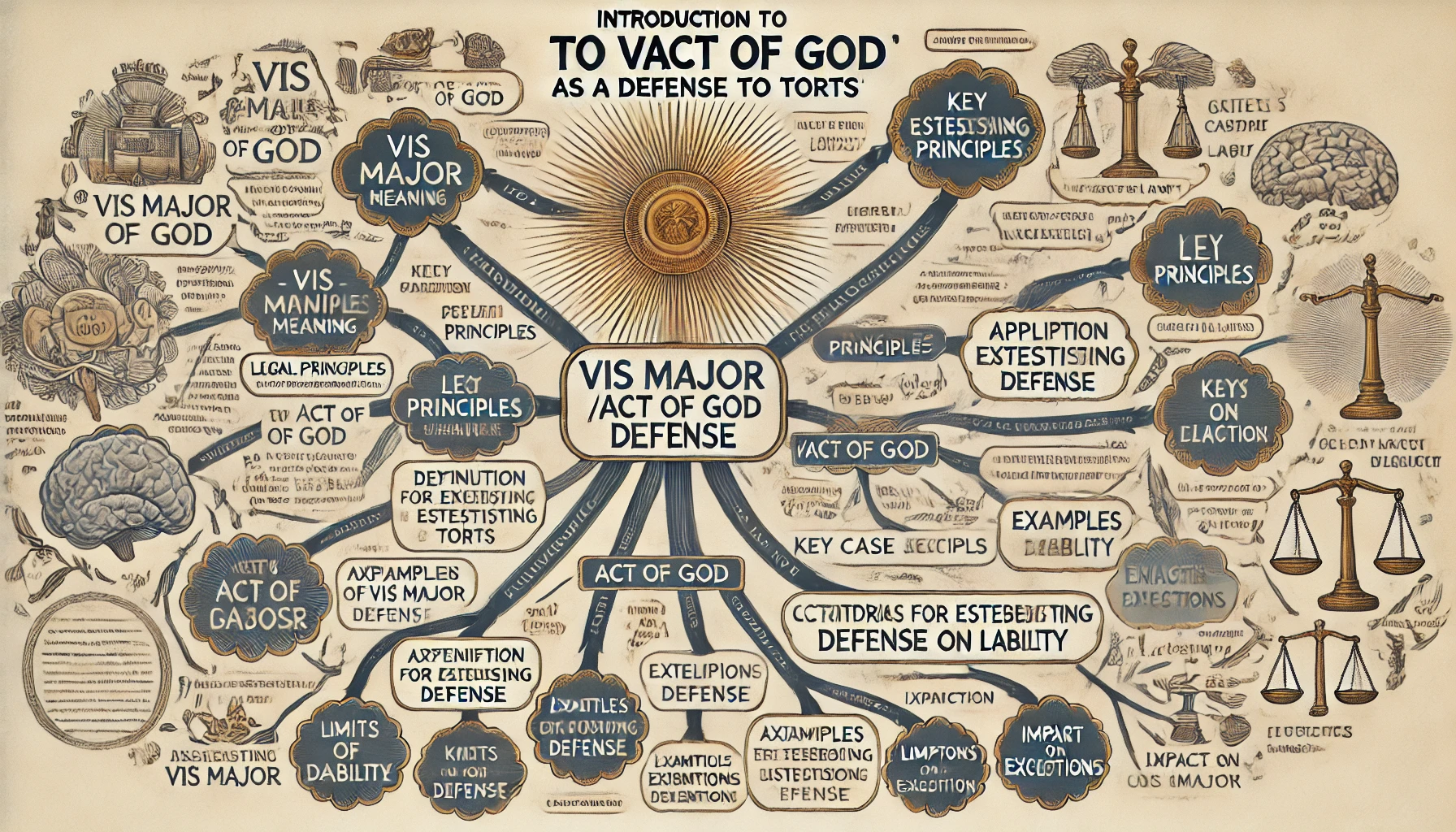
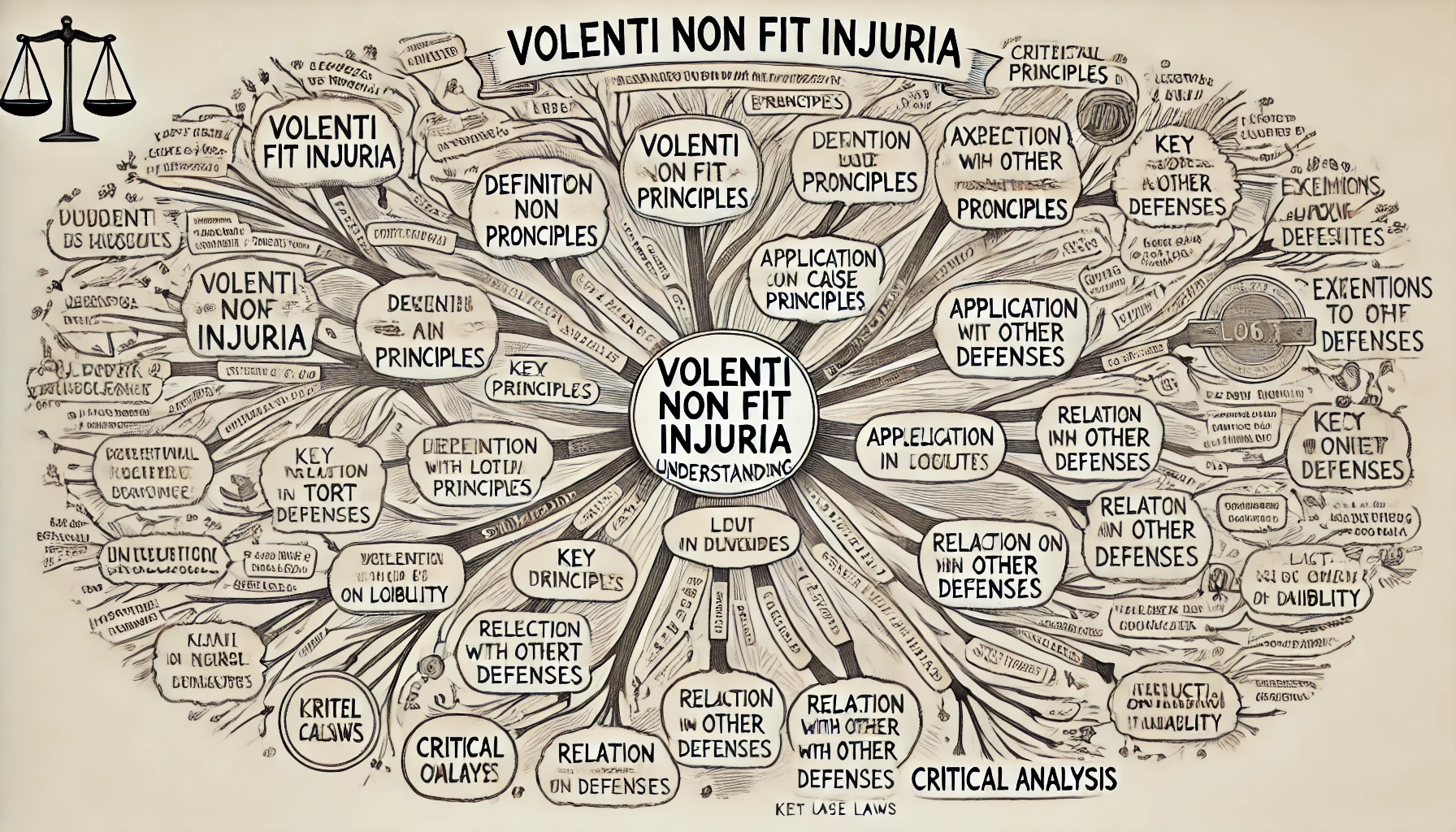
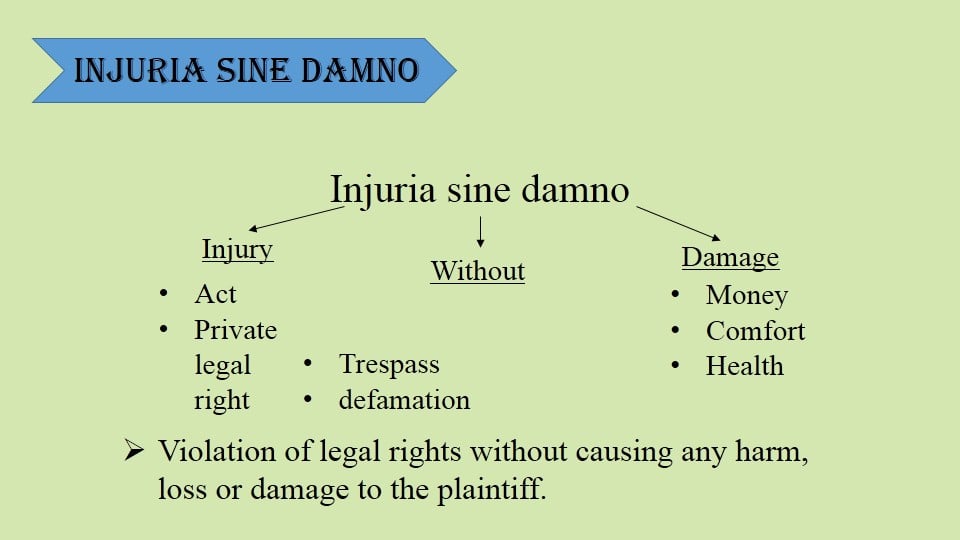

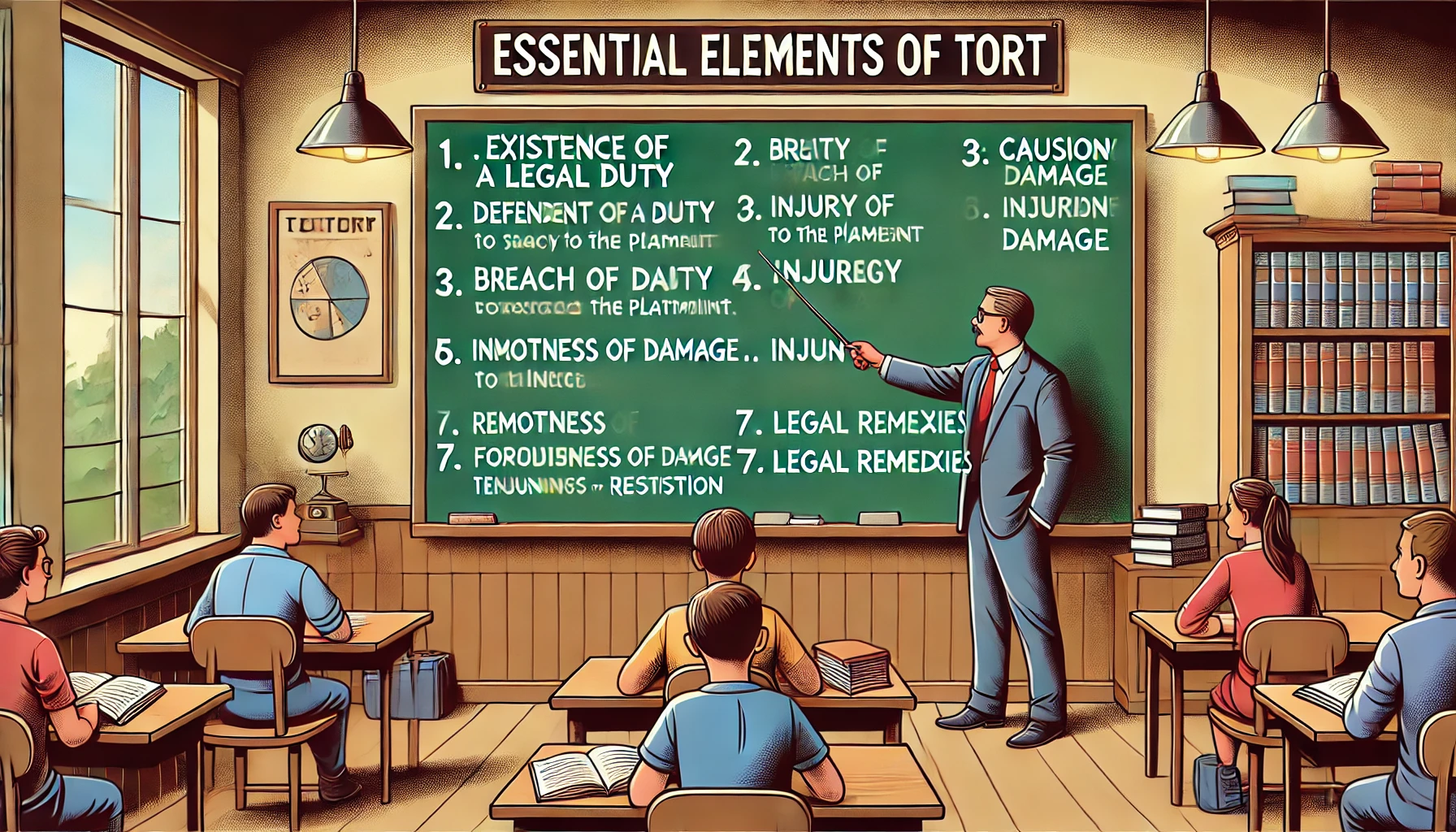
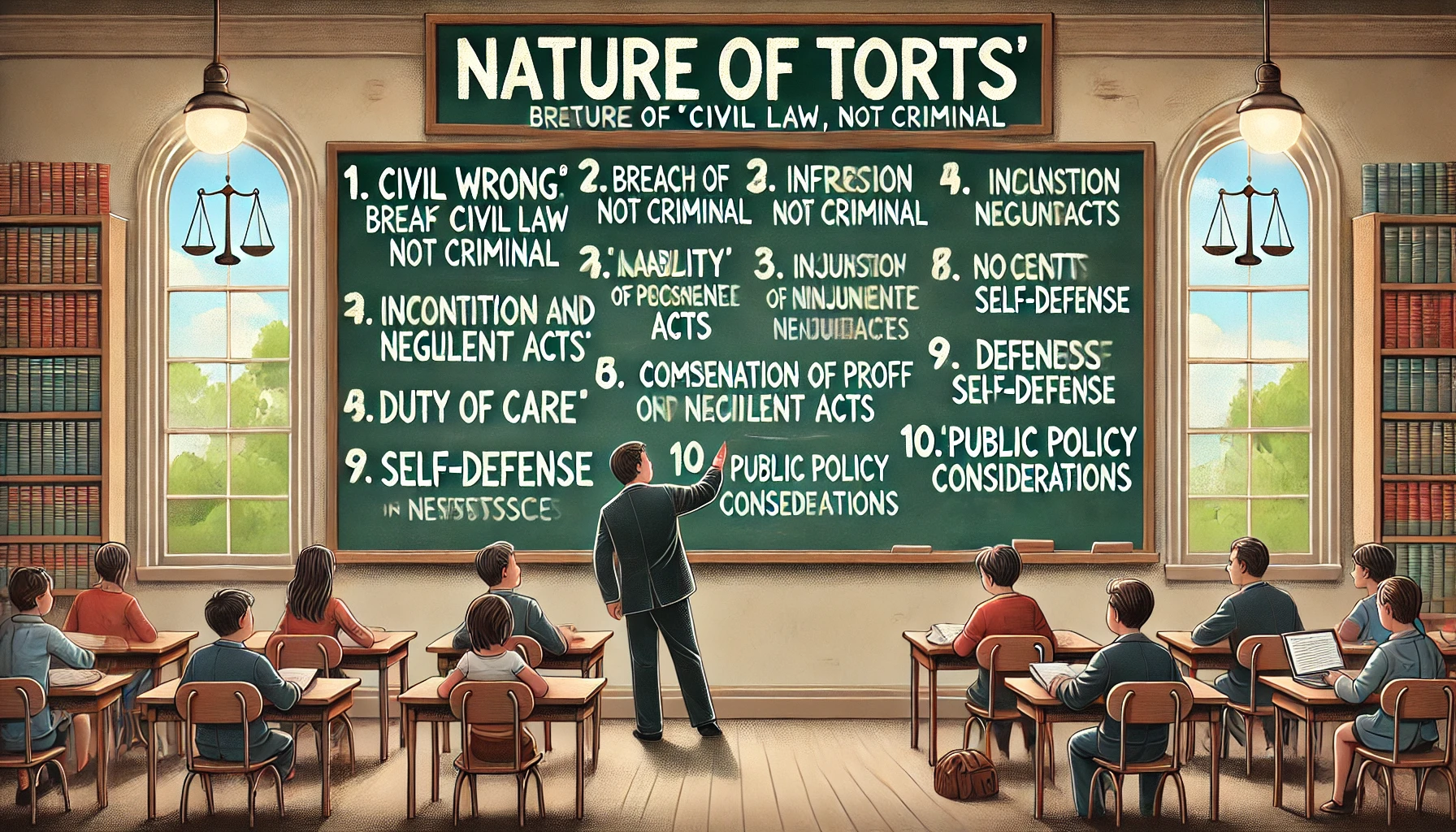


































































































Comment
Nothing for now